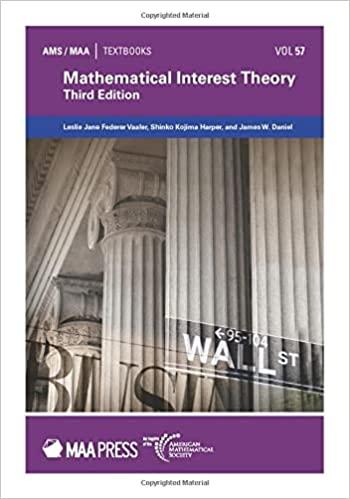Answered step by step
Verified Expert Solution
Question
1 Approved Answer
If f(x) is negative, f'(x) is __________ and f(x) is _________ if f'(x) = 0 and f(x) is positive at x =a, f(x) is having
If f"(x) is negative, f'(x) is __________ and f(x) is _________
if f'(x) = 0 and f"(x) is positive at x =a, f(x) is having _________ at x = a
If f'(x) changes sign from positive to negative at x = a, then f(x) has _______________ at x =a
f(x) = x^2 / (x + 1), then what is the Oblique Asymptote
If f'(x) changes sign from negative to positive at x = a, the f(x) has _________ at x=a
Step by Step Solution
There are 3 Steps involved in it
Step: 1

Get Instant Access to Expert-Tailored Solutions
See step-by-step solutions with expert insights and AI powered tools for academic success
Step: 2

Step: 3

Ace Your Homework with AI
Get the answers you need in no time with our AI-driven, step-by-step assistance
Get Started


